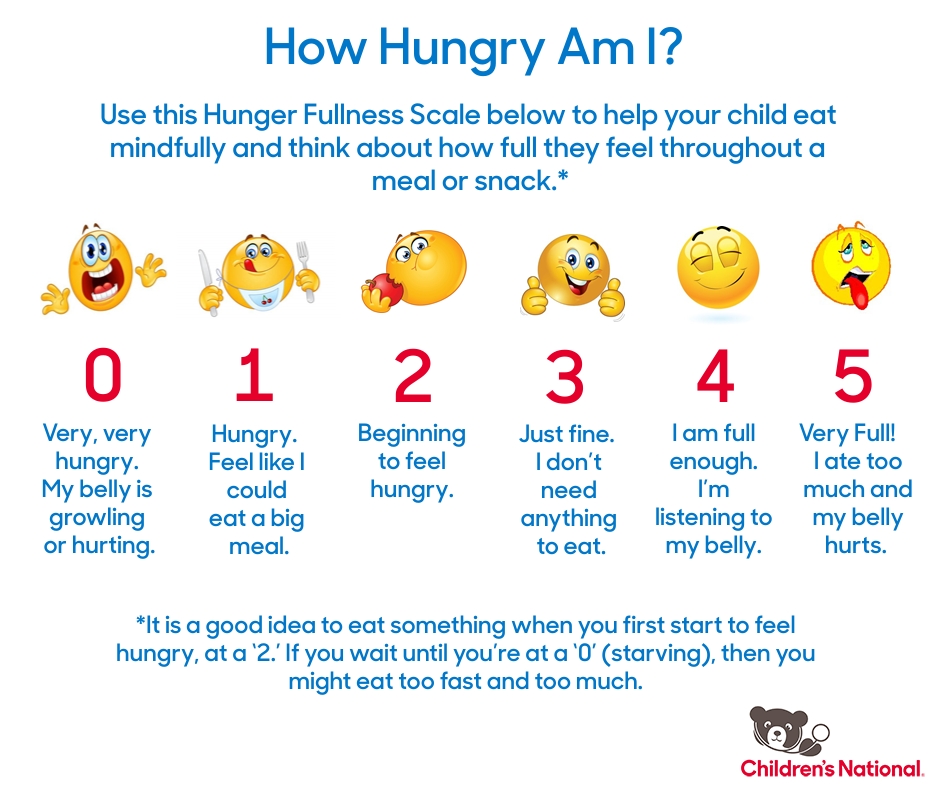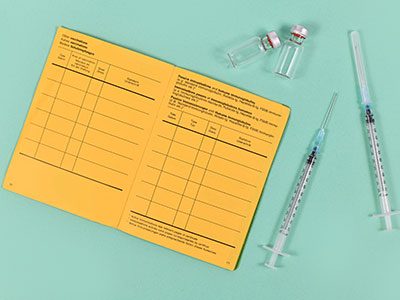Help! My teen won’t stop eating. There are second and third dinners. She does not seem to be able to control this. She lies and sneaks food and when we do a room cleaning it’s nothing but hidden food. She has gained an unhealthy amount of weight. I never downgrade, I ask how she feels, and why she does this. I have now put out a bowl of snacks readily available beside the pantry and locked the door (fridge too) after diner. Rice rolls, fruit leather, single brownie batter, Gatorade, apple juice, Chex mix, but also stuff like mini chocolate muffins. Just a mix. Is this way overboard? I am also looking into therapy at the moment. I don’t want to traumatize her or make her think I wouldn’t love her at any size (clearly, I would) — it’s about her health.
Supporting healthy eating habits in teenagers can be challenging particularly when they are exhibiting signs of problematic or disordered eating. Your instinct to reach out for professional evaluation and guidance is spot-on in this situation! Disordered eating is best treated by a team composed of a physician, dietitian and therapist.
From our team’s perspective, it could be advisable to restrict access to some foods that are considered “triggers” for overeating. However, providing free access to healthy options (as you are with the basket) is a necessary piece — locking away all food can create anxiety and promote unhealthy eating patterns. We also like to emphasize the idea that “all foods fit,” meaning that there are no “good foods” or “bad foods.” All can be enjoyed and nourish the body in moderation, but it is important to find the right balance between preferred or “go-to” foods and others to meet an individual’s nutrition needs and establish healthy eating patterns. This is where a dietitian can really help.
There are several evidence-based recommendations to support kids who are engaging in overeating or loss-of-control eating. Firstly, we recommend setting a regular meal and snack schedule. Skipping meals or going too long between meals can lead to heightened hunger and overeating. As a family, you could implement a practice of mindful eating. Specific strategies include slowing down eating by taking a sip of water between bites of food or putting down utensils after each bite, eating in a distraction-free space (i.e., no TV, phones, etc.), or putting a visual reminder at the table like a special placemat or cup to serve as a reminder to eat slowly. You may consider encouraging your child to pay close attention to what they are eating, engaging all the senses, and noting how full they feel throughout the meal or snack. Hunger-fullness scales, like the one below, are available to provide a guide for describing these feelings while working on more mindful eating.
It is clear that your primary concern is your teen’s health and of course overeating and weight gain can contribute to negative health impacts. These topics can be hard to address with teenagers who are in a developmental stage that is often characterized by feeling insecure or self-conscious and building greater independence around decision-making. Below are some tips for communicating with adolescents about healthy behaviors.
Things to do
- Accept your teen for who she/he is, regardless of their weight or appearance
- Consider your level of involvement – avoid being over-involved (“food police”)
- Separate your concerns and goals from your teen’s concerns and goals
- Ask your teen what their goals are related to health – and listen!
- Ask your teen how you can support him or her achieve their goals – and listen!
- Offer healthy food selections at home
- Limit the number of times your family eats out
- Increase opportunities for physical activity for the entire family
- Notice when your teen makes healthy choices regarding eating and physical activity
- Help with planning meals or making choices for family gatherings – e.g., bring a healthy side dish to a holiday party
- Appreciate your teen’s style – what is she or he going to find helpful?
Things to avoid doing
- Commenting on your child’s “lack of motivation” or “poor food choices”
- Criticizing your teen’s food choices
- Having food battles or “police” your teen’s food intake
- Having unhealthy food choices around for other people in the house
- Asking frequent questions regarding your teen’s weight
- Talking with others about your teen’s weight loss efforts before discussing with your teen first

Download our hunger fullness scale here.
 https://riseandshine.childrensnational.org/wp-content/uploads/2026/01/boy-flexing-after-vaccine-feature.jpg
300
400
Rise and Shine
https://riseandshine.childrensnational.org/wp-content/uploads/2017/11/childrens_riseandshine_logo.jpg
Rise and Shine2026-01-20 16:52:102026-01-20 16:52:10What parents should know about childhood vaccines
https://riseandshine.childrensnational.org/wp-content/uploads/2026/01/boy-flexing-after-vaccine-feature.jpg
300
400
Rise and Shine
https://riseandshine.childrensnational.org/wp-content/uploads/2017/11/childrens_riseandshine_logo.jpg
Rise and Shine2026-01-20 16:52:102026-01-20 16:52:10What parents should know about childhood vaccines























Leave a Comment
Want to join the discussion?Feel free to contribute!